The Volokh Conspiracy
Mostly law professors | Sometimes contrarian | Often libertarian | Always independent
The 12th Annual Harlan Institute-Ashbrook Virtual Supreme Court
Teams of two HS students will write a brief and present oral arguments on Moody v. NetChoice.
The Harlan Institute and Ashbrook are pleased to announce the Twelfth Annual Virtual Supreme Court Competition. This competition offers teams of two high school students the opportunity to research cutting-edge constitutional law, write persuasive appellate briefs, argue against other students through video chats, and try to persuade a panel of esteemed attorneys during oral argument that their side is correct. This year the competition focuses on Moody v. NetChoice.
The competition is endorsed by the Center for Civic Education's We The People Competition:
The Virtual Supreme Court Competition helps students gain the skills they need to understand, synthesize, and advocate for reasoned legal positions on timely and relevant constitutional issues, and in doing so deepens their commitment to the rule of law. The program directly supports the highest goals of the Center for Civic Education to develop enlightened and responsible members of our society, and it is a privilege to be a part of this important work. Christopher R. Riano President, The Center for Civic Education Member Board of Advisors, The Harlan Institute
Tournament Instructions
Teams of two high-school students will write an appellate brief, and present oral arguments, addressing these questions:
- These cases concern laws enacted by Florida and Texas to regulate major social media platforms like Facebook, YouTube, and X (formerly known as Twitter). The two laws differ in some respects, but both restrict platforms' ability to engage in content moderation by removing, editing, or arranging user-generated content; require platforms to provide individualized explanations for certain forms of content moderation; and require general disclosures about platforms' content moderation practices.
- The questions presented are:
- 1. Whether the laws' content-moderation restrictions comply with the First Amendment.
- 2. Whether the laws' individualized-explanation requirements comply with the First Amendment.
Petitioners will argue that laws' content moderation restrictions and individualized-explanation requirements do comply with the First Amendment.
Respondents will argue that laws' content moderation restrictions and individualized-explanation requirements do comply with the First Amendment.
Phase 1 - Research and Write Your Brief
Coaches can register their teams at the Institute for Competition Sciences (ICS). ICS will generate a number for each team. Odd-numbered teams will represent the Petitioners and even-numbered teams will represent the Respondents.
Teams will research and write their briefs. Carefully review the lesson plan. The brief must be a minimum of 2,000 words. Please download this template. The brief should have the following sections:
- Table of Cited Authorities: List all of the original sources, and other documents you cite in your brief.
- Summary of Argument: State your position succinctly in 250 words or less.
- Argument: Structure your argument based on at least five Supreme Court precedents. The more authorities you cite, the stronger your argument will be–and the more likely your team will advance.
- Conclusion: Summarize your argument, and argue how the Supreme Court should decide this issue.
Be sure to proofread your work. The work must be yours, and you may not seek help from anyone else–including attorneys or law students. Students who submit plagiarized briefs will be disqualified.
Please review the winning submissions from previous years:
- OT 2022 - Students for Fair Admissions v. Harvard
- OT 2021 - New York State Rifle & Pistol Association v. Bruen
- OT 2020 – Torres v. Madrid
- OT 2019 – Espinoza v. Montana Department of Revenue
- OT 2018 – Timbs v. Indiana
- OT 2017 – Carpenter v. United States
- OT 2016 – Trinity Lutheran Church v. Comer
- OT 2015 – Abigail Fisher v. University of Texas, Austin (II)
- OT 2014 – Zivotofsky v. Kerry
- OT 2013 – National Labor Relations Board v. Noel Canning
- OT 2012 – Abigail Fisher v. University of Texas, Austin (I)
Phase 2 - Virtual Mentoring
Teams that register before November 3, 2023 will be invited to participate in a virtual mentoring session. These sessions will be hosted during the week of November 27, 2023. The Harlan Institute will match each class with a mentor from our network. These sessions will be helpful to finalize your briefs and prepare your preliminary round arguments.
Phase 3 - Preliminary Round
For the preliminary round, each team must prepare a YouTube video. The argument must be at least 15 minutes in length. Coaches will ask their students ten questions from the lesson plan.
Teams will upload a PDF of their brief, as well as a link to their YouTube video to the Institute of Competition Sciences. The deadline for the preliminary round will be December 15, 2023. The brief and preliminary round video will be scored based on this rubric.
Phase 4 - Virtual Rounds
We will hold the Virtual Rounds over Zoom:
- 2/19/24, 2/20/24, 2/21/24: Semifinal Round
- 3/4/24 and 3/5/24: Round of 8
- 3/18/24 and 3/19/23: Round of 4
The virtual rounds will be scored based on this rubric. This video offers five tips to prepare for oral argument:
Phase 5 - Championship Round Rounds
The top teams will receive a free trip to Washington, D.C. to argue the championship round before federal judges the week of April 29, 2024.
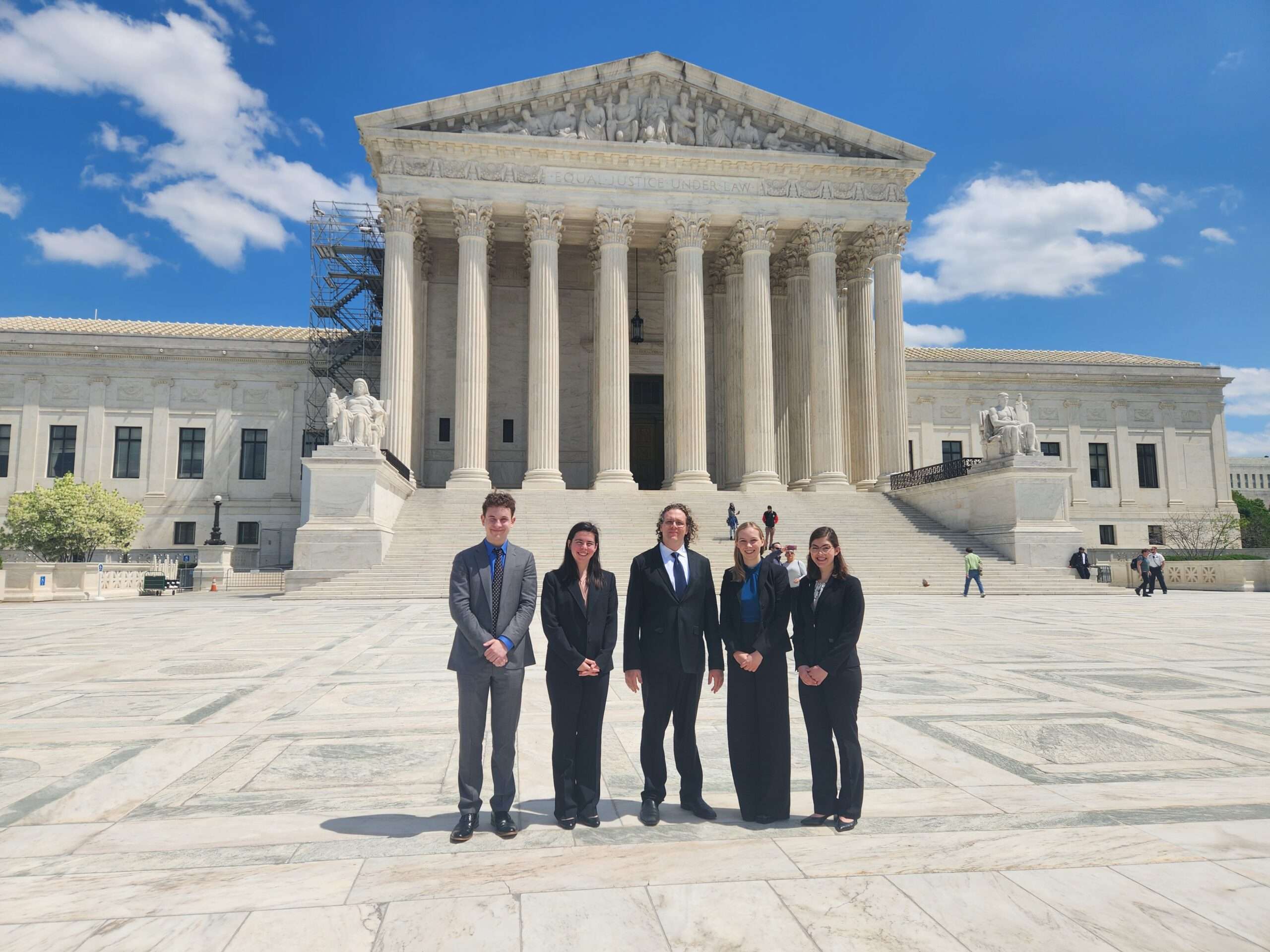
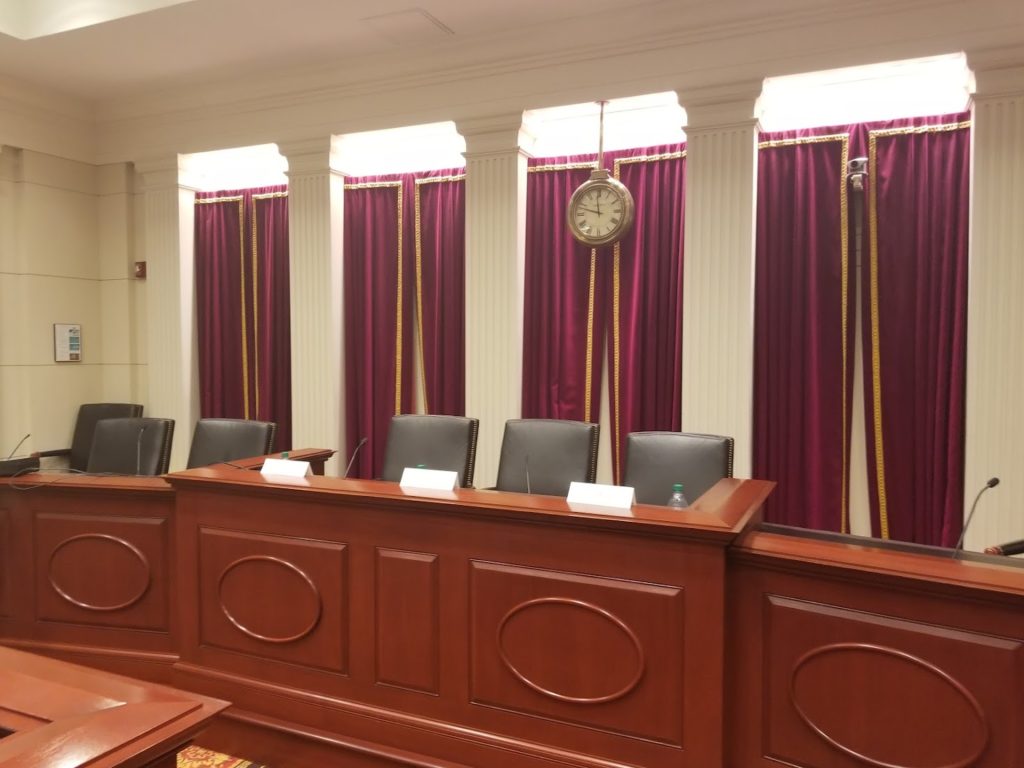
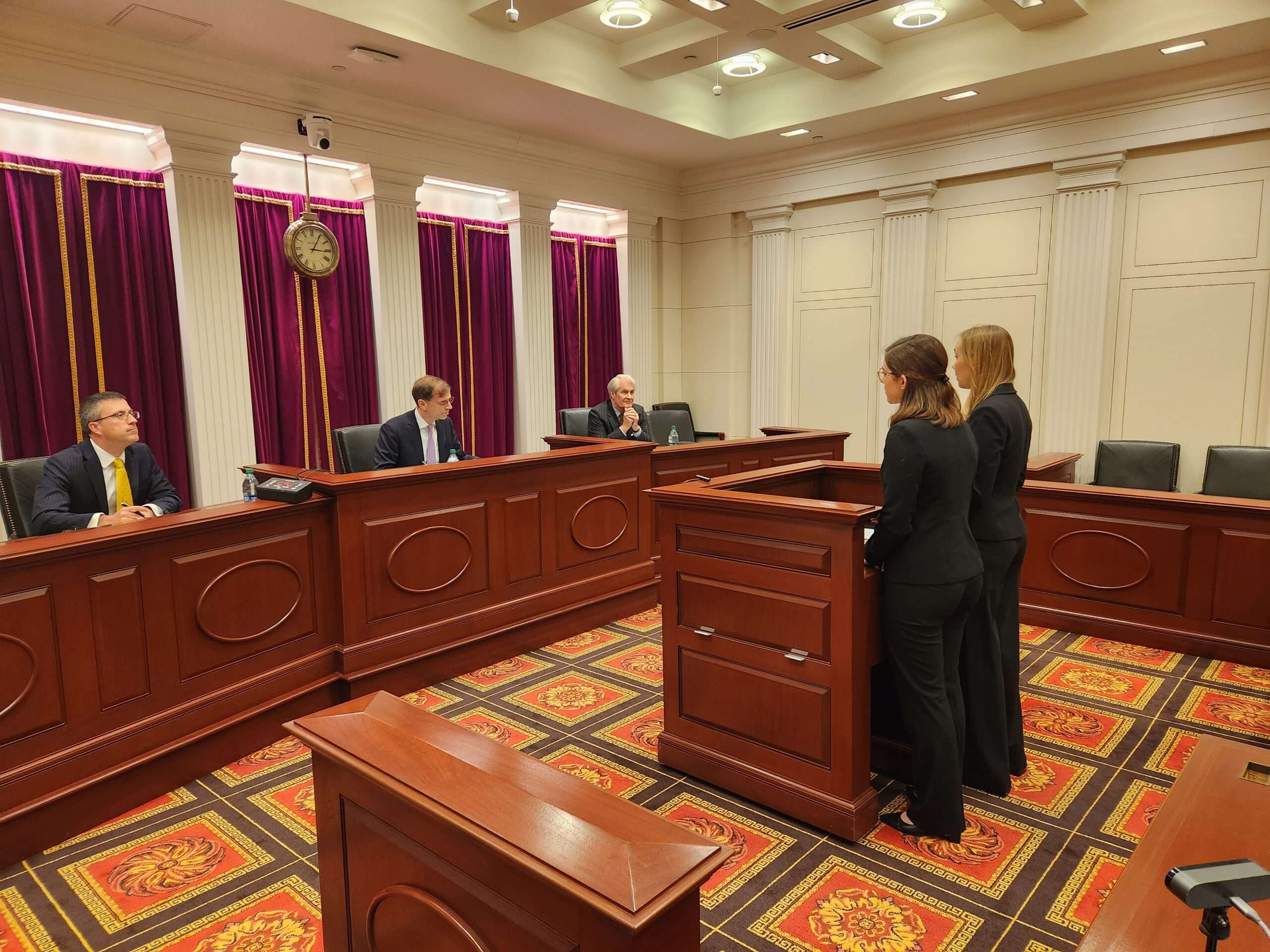
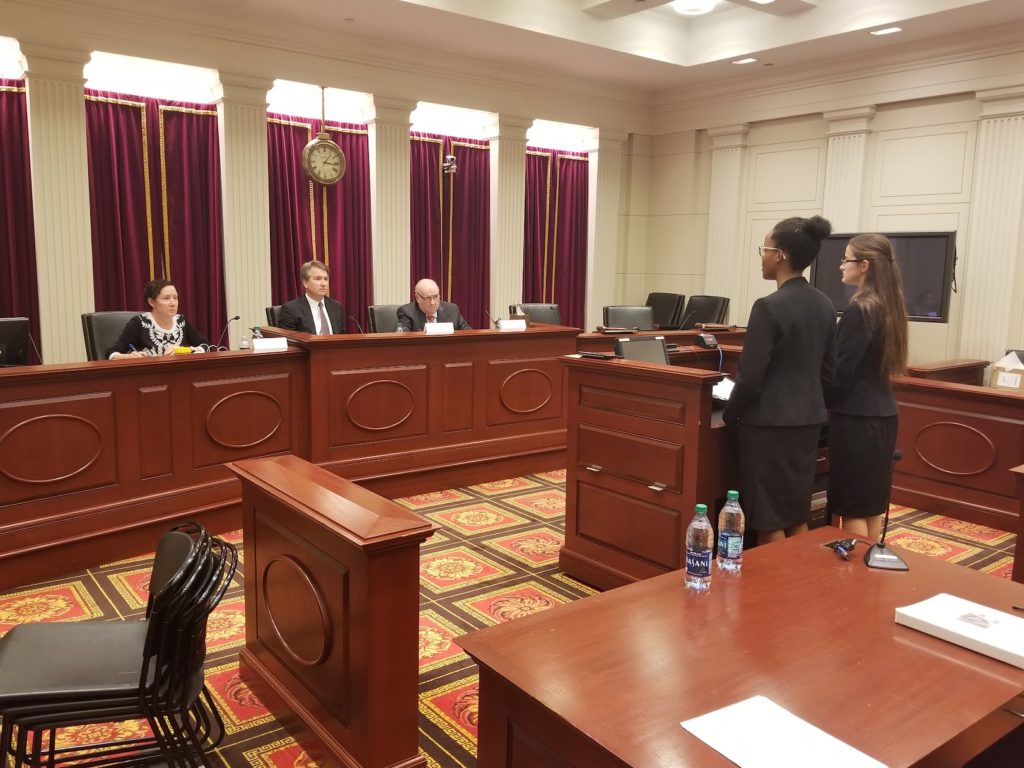
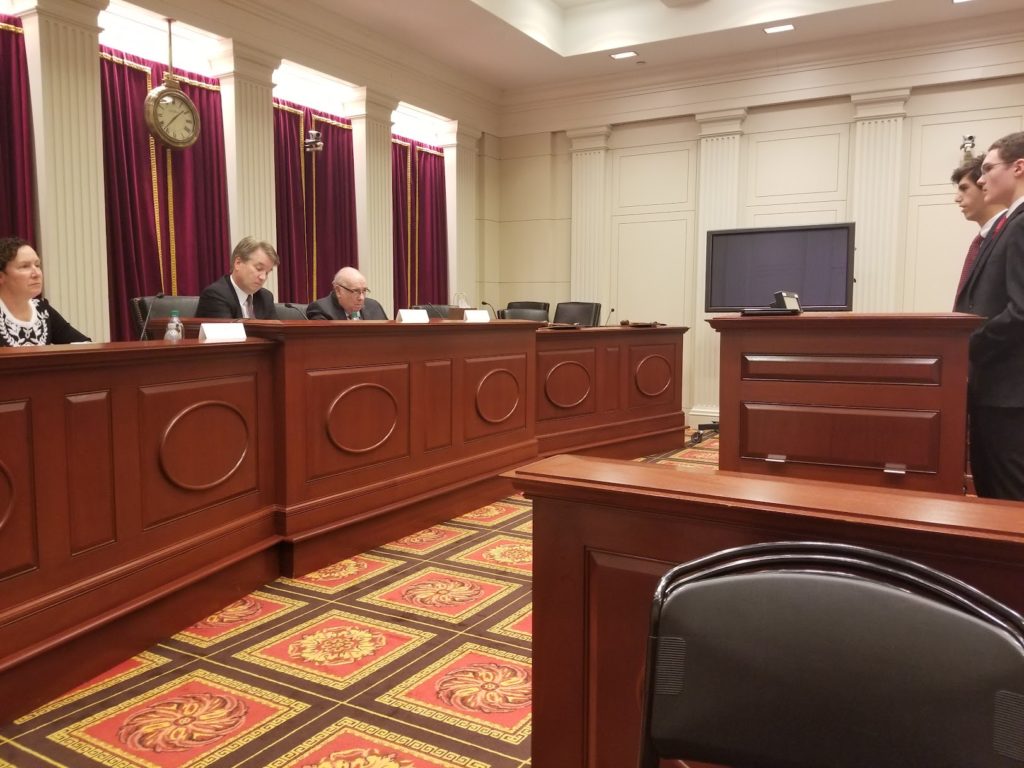
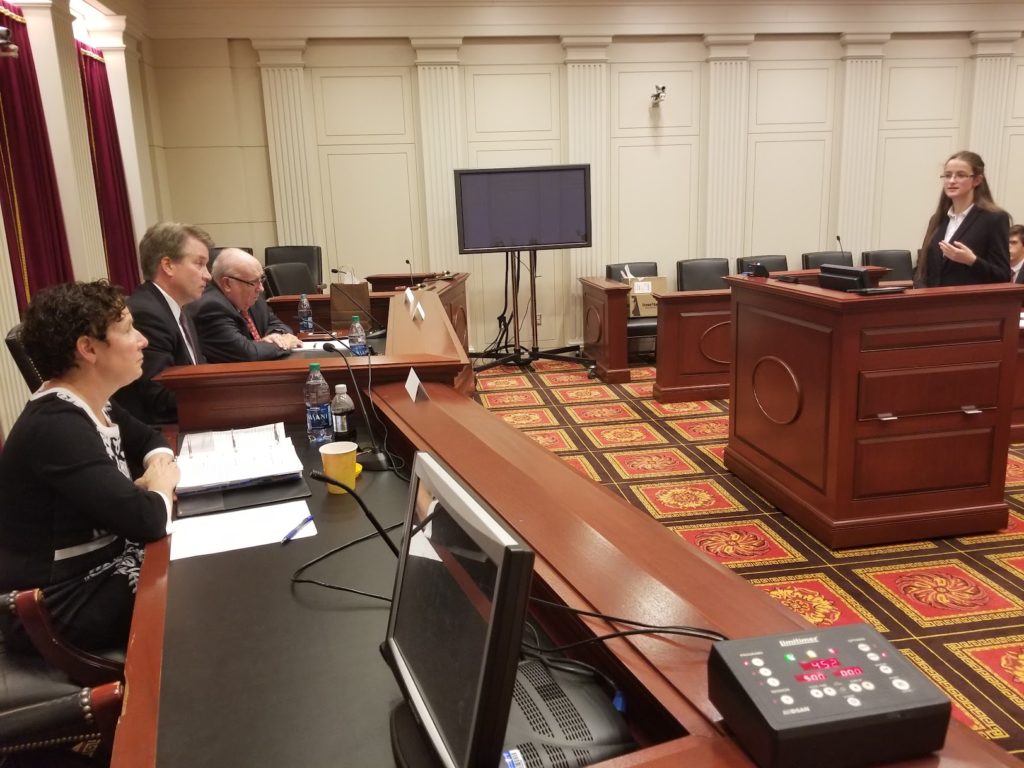
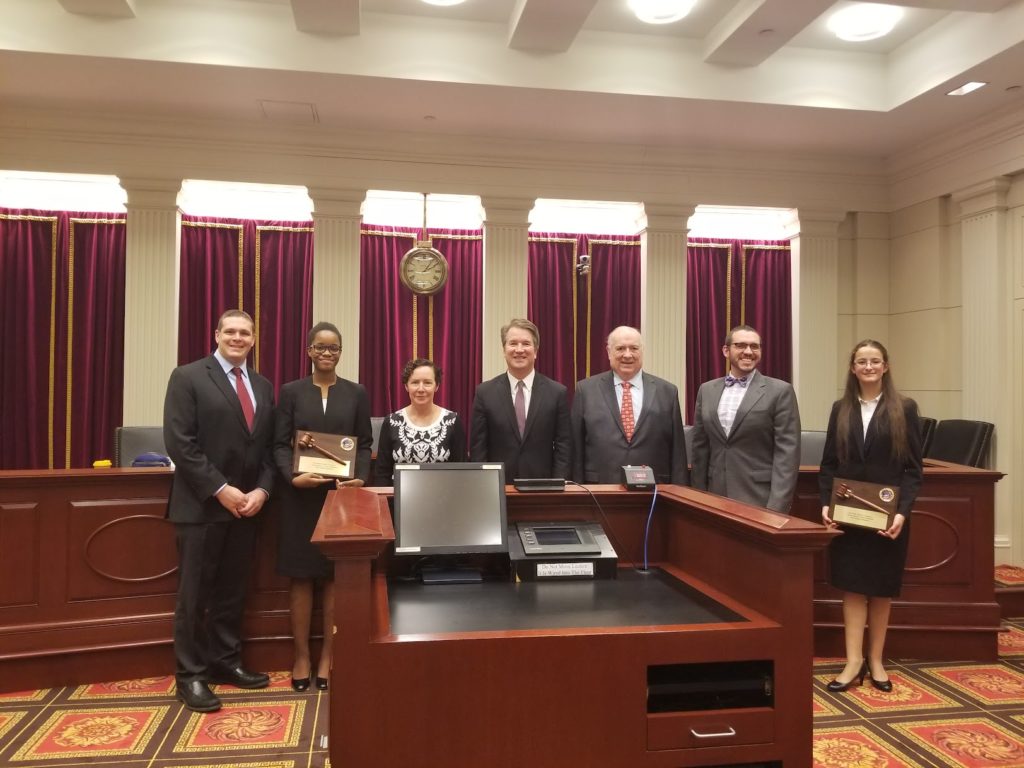
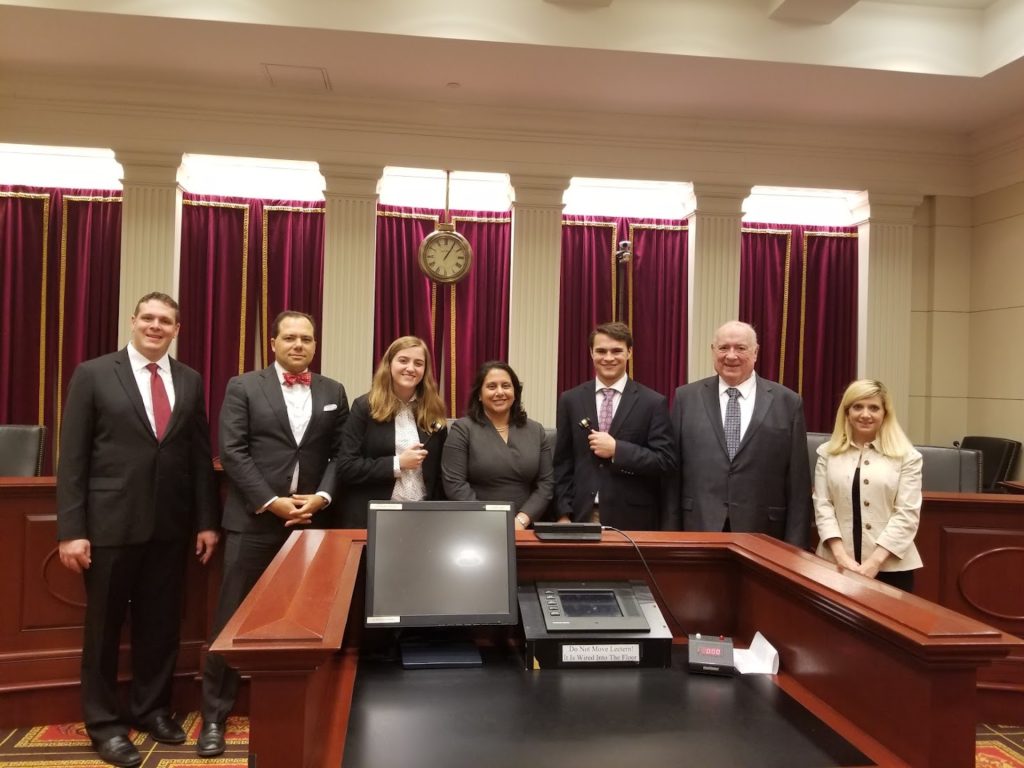
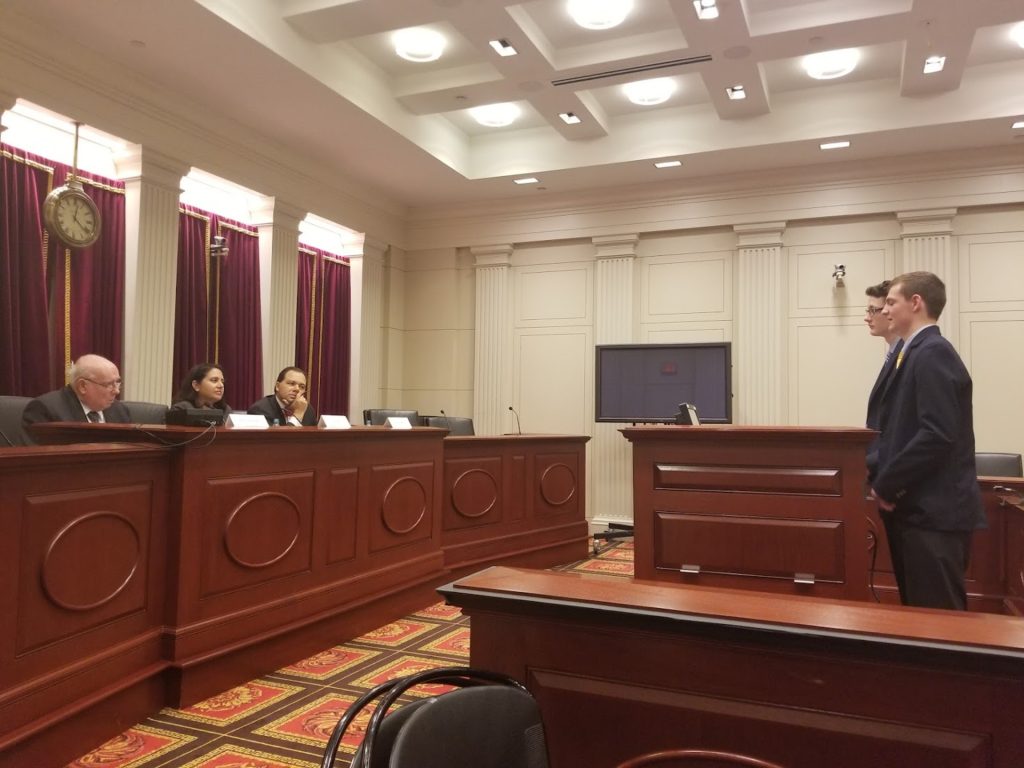
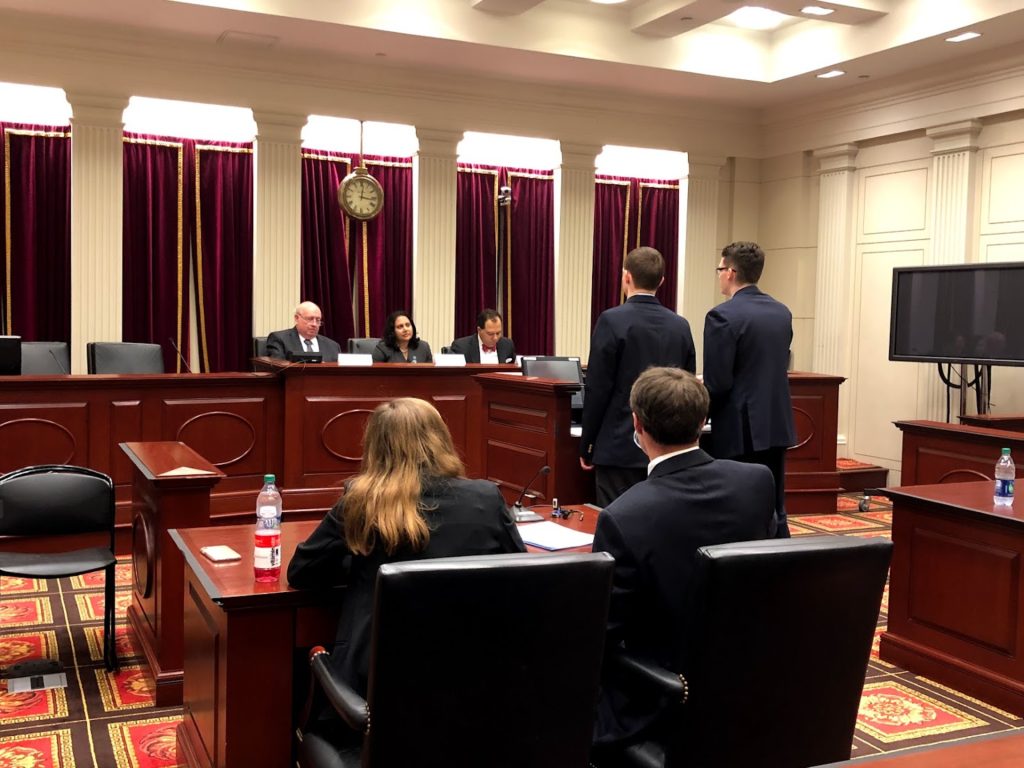
Good luck! And register today.
The Prizes
 Grand Prize - The Solicitors General of FantasySCOTUS
Grand Prize - The Solicitors General of FantasySCOTUS
The members of top Petitioner and Respondent teams will be invited to attend the Ashbrook Academy on the Supreme Court and the Constitution in June 2024. Ashbrook will cover reasonable travel costs to the academy.
Instructions
Coaches can register their teams at the Institute of Competition Sciences. Read the problem, and get started! Good luck. Please send any questions to info@harlaninstitute.org.


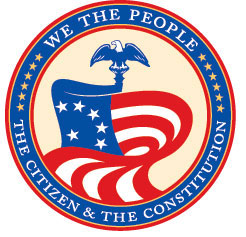
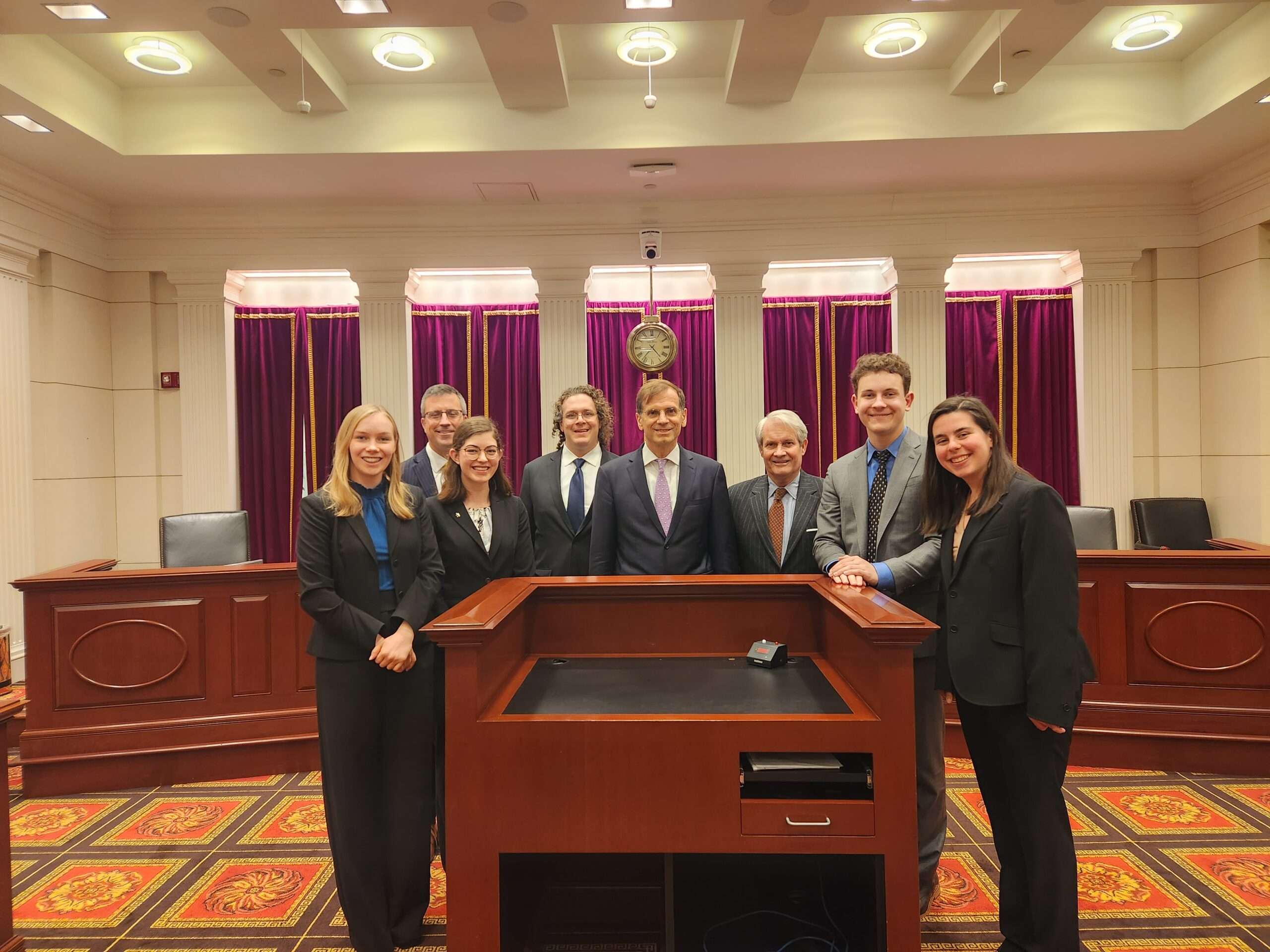
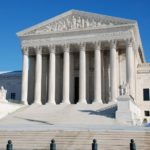

Show Comments (3)